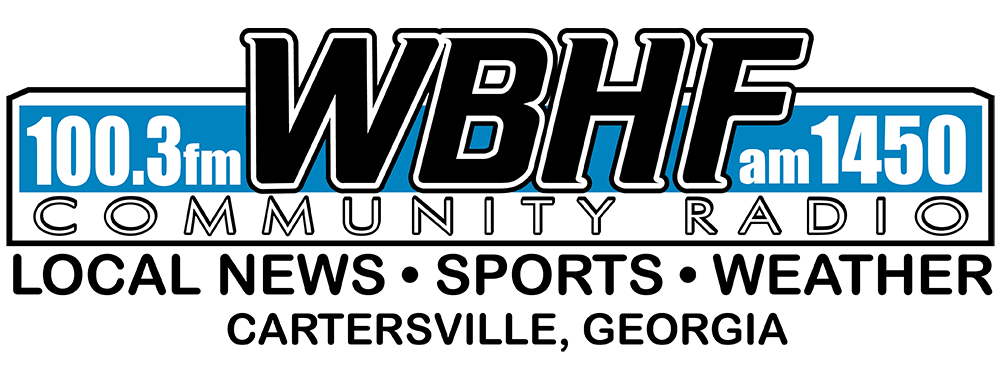CARTERSVILLE, Ga., March 17, 2015 – The Bartow County School System looks to expand a
program offered to at-risk youth aimed at increasing their likelihood of graduating. The Great
Promise Partnership (GPP) commits to help prepare students to enter the workforce, the military
or college on the premise that the students graduate.
The program focuses on youth from low-income families, who may feel pressure to quit school
and obtain a job for financial reasons. It allows them to attend school for half the day and to
work an entry-level paying job at a GPP partner worksite for the other portion of the day.
Students earn high school credit similar to the Work-Based Learning program while gaining vital
work experience and skills.
Mike Beatty, president and CEO of GPP, recently visited companies in Bartow in hopes of
securing more worksites for GPP students. “In my previous work at the governor’s office, we were confrontedwith the question, ‘How do
you deal with poverty?’ The overwhelming solution is to help people attain education. They need
to become skilled and they need a good job. The best social program ever devised to fight
poverty is a good paying job with benefits.”
GPP trains students in a two-prong structure: WorkPrep and Workplace. WorkPrep is a
traditional classroom setting in which students learn life skills and receive employability
training, as well as explore college and career opportunities. Once WorkPrep is completed
students can move on to Workplace where they begin a job at a GPP affiliated worksite.
Workplace is only open to students 16 years and older, who qualify for free and reduced lunch
and are eligible to work in Georgia.
Currently at Adairsville High School, 14 students are in the WorkPrep class and four are
participating in Workplace at Beaulieu of America.
The structure of GPP takes into consideration the need and possible vulnerability of the students.
Mentoring and career coaching are important aspects of the program to ensure the success of
students entering the new territory of the workplace.
Merrill Wilcox, GPP regional coordinator, oversees the expansion of the program in Bartow.
She said, “We create a win, win for everyone involved. We consistently get feedback from
companies that they have difficulty finding workers in their 20s who can pass the drug test or
finish the training. Our program gives companies the opportunity to benefit from a trained
workforce right out of high school.
“Also, incentives to stay in school are built into the program. Their job performance and
academic achievements are interrelated. If a student is absent from school, they are not allowed
to work that day. If a student drops out of school, they are no longer employed with the
company. Academic progress is also a consideration in students receiving pay raises.”
The presence of the program in high schools is dependent on the availability of worksite
partners. One of the biggest hurdles the organization encounters is securing jobs in close
proximity to high schools. Wilcox and Beatty hope to overcome the challenge by developing
partnerships with local industry.
GPP offers statistics to reinforce its aim of “connecting high school graduation with employment
while preparing students with real-world job skills.”
• Georgia ranks 45th out of 48 states reporting high school graduation rates
• The United States loses $26 billion in federal and state income taxes each year from noncompletion
students
• 75 percent of prison inmates in the U.S. did not complete high school
Currently, GPP is in nearly 30 counties and cities statewide. However, their goal is to establish
the program in every county in Georgia within a five-year period.
Currently, GPP is in nearly 30 counties and cities statewide. However, their goal is to establish
the program in every county in Georgia within a five-year period.
